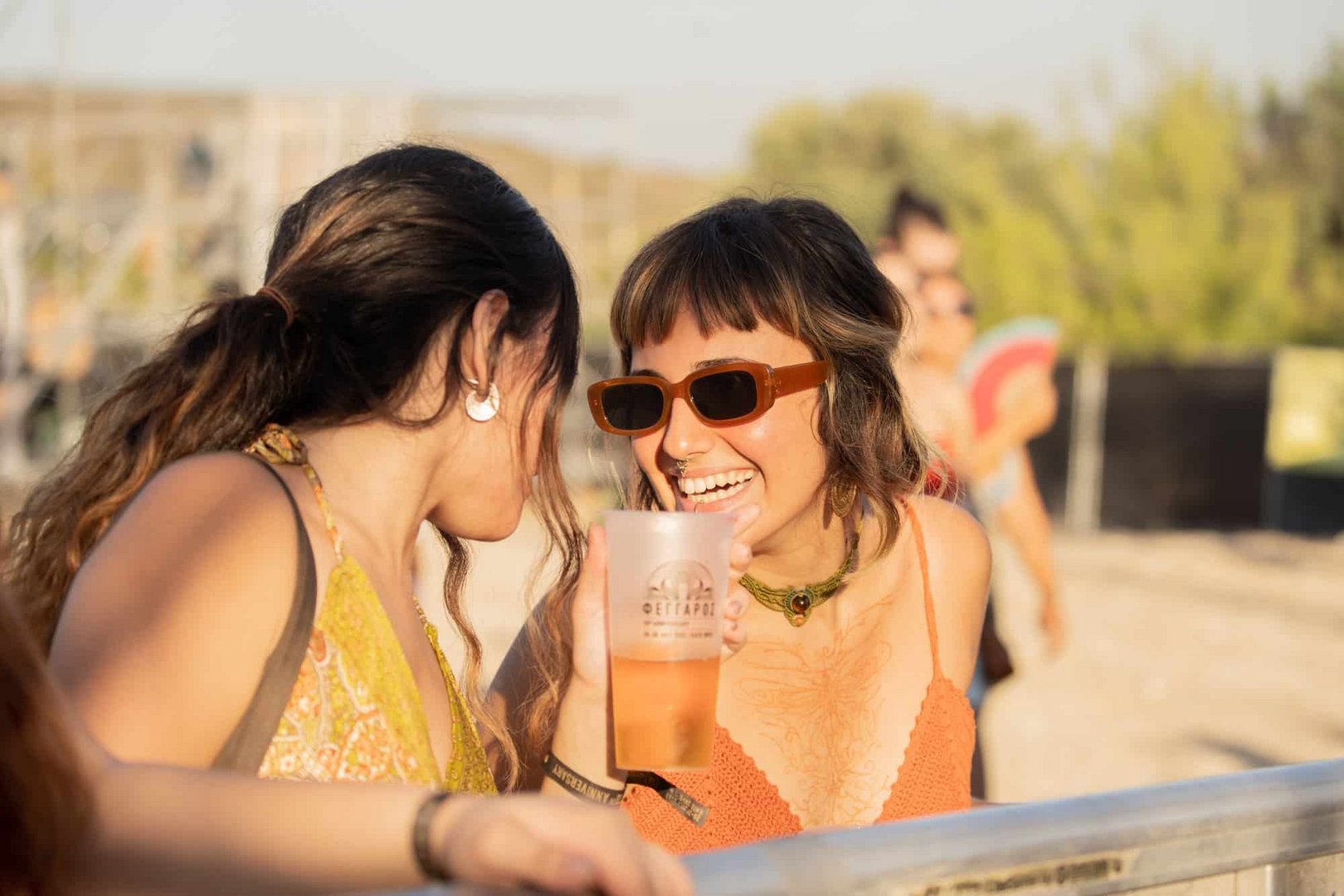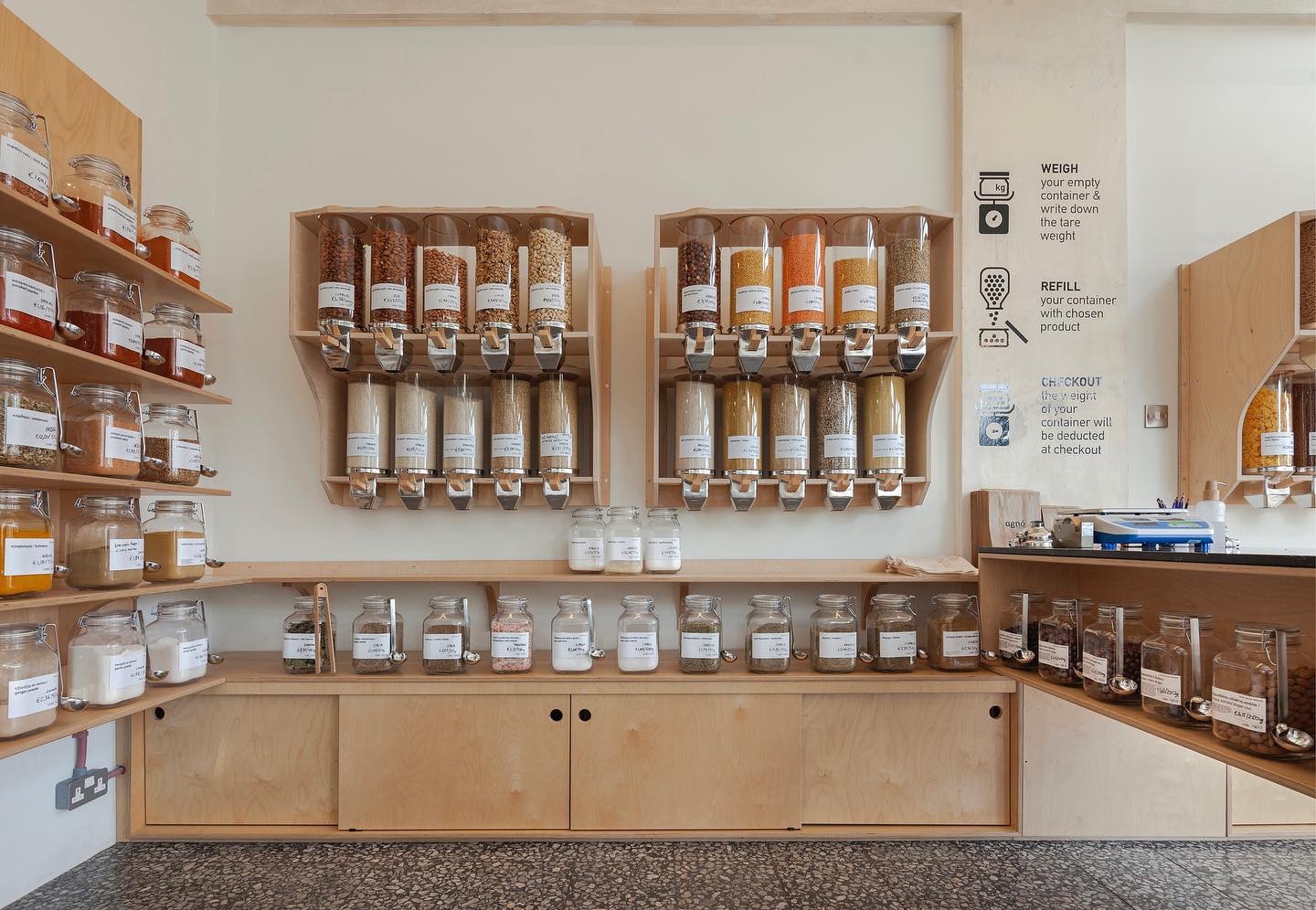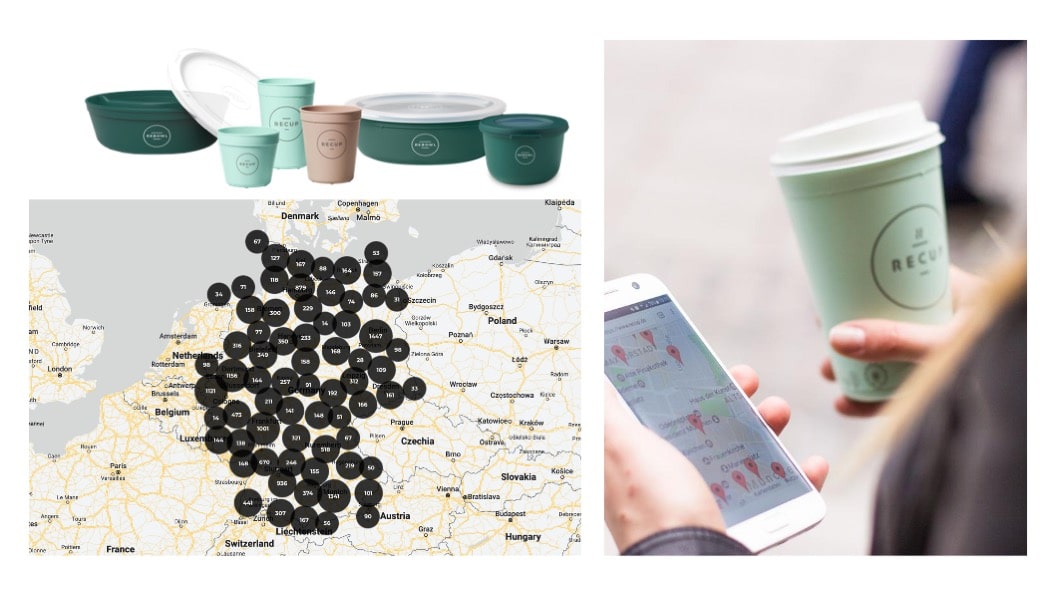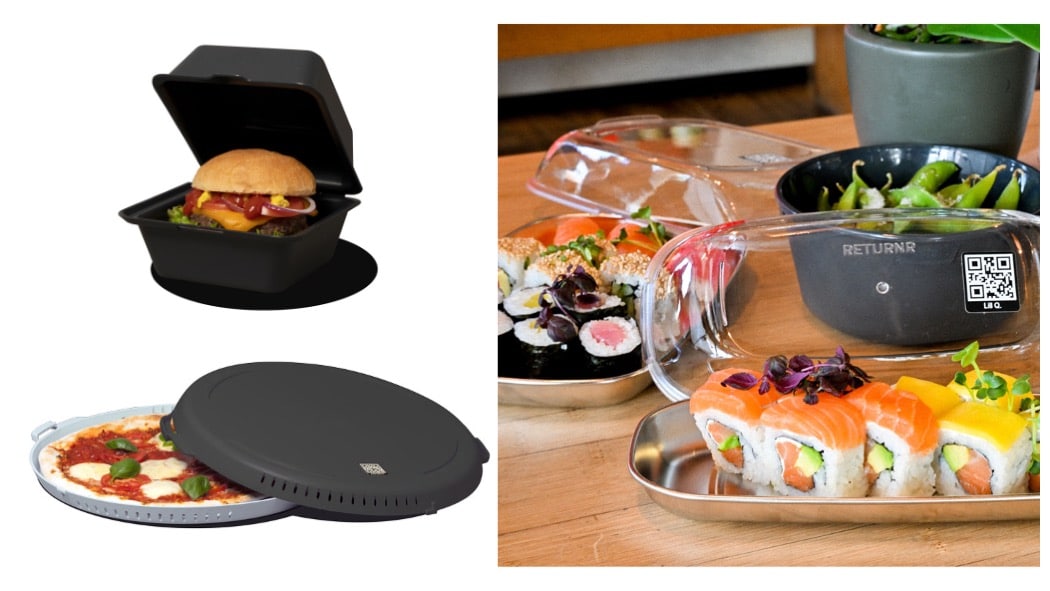By Anastasia Korae
The triple planetary crises – climate change, pollution and biodiversity loss – are now widely acknowledged as real and existing threats to human societies.
Current resource consumption levels are unsustainable, as is the amount of waste produced, and relying solely on recycling will fall short in mitigating the escalating plastic production trajectory, projected to triple by 2050.
In Cyprus, the littering phenomenon, the fires in the recycling plants, and the situation at the scandal-ridden waste management plant at Pentakomo (OEDA), should serve as wake-up calls for collective action to prevent waste from being generated in the first place.
Globally, the urgency to combat plastic pollution has gained widespread recognition, compelling us to rethink our approach to plastic consumption and waste management. Recent shifts in legislative focus, such as the United Nations’ Global Plastic Treaty, the European Union’s Packaging and Packaging Waste Regulation (PPWR) underscore the growing momentum towards ending plastic pollution.
Despite this momentum, the Republic of Cyprus is not making enough progress and is lagging behind the waste targets set by the EU. However, at least three legislative developments are set to transform current habits within the next couple of years: (a) the island-wide implementation of the Pay as You Throw System, where households will be charged based on the quantity of waste they produce, therefore encouraging recycling and composting; (b) the mandatory separate collection of bio-waste so that it is not mixed with other types of waste; and (c) the implementation of a Deposit Return Scheme (DRS), whereby consumers buying a product will need to pay an additional amount of money (a deposit) that will be reimbursed upon the return of the packaging or product to a collection point. For beverage containers, DRS systems are already operating in more than 40 regions worldwide with great results.
In order to respond to these changes and challenges, a range of different strategies will need to be deployed. One of the most obvious measures that needs to be taken is to find ways to transition from single-use packaging to reusable packaging, or reuse. By finding ways to keep products in use for as long as possible, we will not only avoid fines and be charged less for the waste we produce but, most importantly, we will reduce the use of raw materials, cut C02 emissions and energy use in production, ultimately easing the pressure on overburdened recycling and waste management systems.
The private sector on the island has started to embrace reusable packaging as a core element of business, or as an integral part of a marketing strategy. Several new businesses have emerged, such as Agno in Limassol and The Refil Van in Nicosia that sell packaging-free groceries. Fengaros Music Village has been using refillable plastic cups for several years now, while some cafes offer a discount to customers who bring their own cups for take-away beverages. Some small businesses have even started to revive past, sustainable practices, such as Mikro Kombucha, which reuses glass bottles through its own DRS. Best practices in reuse are also gaining traction in the HoReCa sector, where hotels are switching to refillable soap and shampoo dispensers as a more environmentally friendly and – in fact – cheaper alternative to single-use toiletries.
In European countries, reuse is significantly more widespread as reusable takeaway food container schemes are already on the market. These typically include a system provider that undertakes all the logistics of collecting, hygienically washing and redistributing packaging solutions, usually using a tracking system and a mobile-phone app. System users include, for example, individual restaurants, food outlets and delivery companies, such as Bolt or Wolt. A few examples of reuse businesses include – but are not limited – to the following:
- ReCup and ReBowl, Germany’s largest reusable packaging system for food service businesses. Their deposit system for take-away food and drinks to-go is available at over 21,100 locations (including at Ikea);
- Vytal, a company offering a range of reusable solutions, including waste-free festivals, trade fairs or corporate events in Austria, France and Germany;
- Bumerang, the first digitalised system of returnable packaging for catering in Barcelona;
- ReWine, a system for the collection, cleaning and reuse of glass bottles in the Catalan wine industry; and
- Recircle, a network in central Europe replacing single-use packaging with recyclable, affordable, more ecological reusable products, and currently looking to expand to more countries.
These positive trends are already shaping the future, but there seems to be some hesitance in investing in reusables owing to a gap in analysing the costs and benefits of scaling and optimising reuse systems. A recent study by Zero Waste Europe and Searious Business, titled “The Economics of Reuse Systems” attempted to fill that gap. The study proved the business case for investing in reusable business models, since even though the investment in setting up new systems adds cost in the short term, reuse has accelerated returns at scale in the long term, compared to end-to-end supply chain costs of SUP. The results also showed economic advantages for system users. Considering evolving regulatory landscapes, this will continue to improve as reuse becomes more mainstream.
In conclusion, decision makers in both business and policymaking spheres can draw inspiration from best practices in Cyprus and Europe, and can quite possibly rest assured that the risk of switching to reusable packaging is – in reality – lower than initially estimated. Friends of the Earth Cyprus, as members of Zero Waste Europe and Break Free from Plastic, and as coordinators of the Zero Waste Alliance Cyprus, will continue to help empower governments, businesses, consumers and communities to redesign their relationship with resources, to adopt smarter lifestyles and sustainable consumption patterns in line with circular resource management.
Anastasia Korae is the board president of Friends of the Earth Cyprus and a founding member of the Zero Waste Alliance Cyprus










Click here to change your cookie preferences